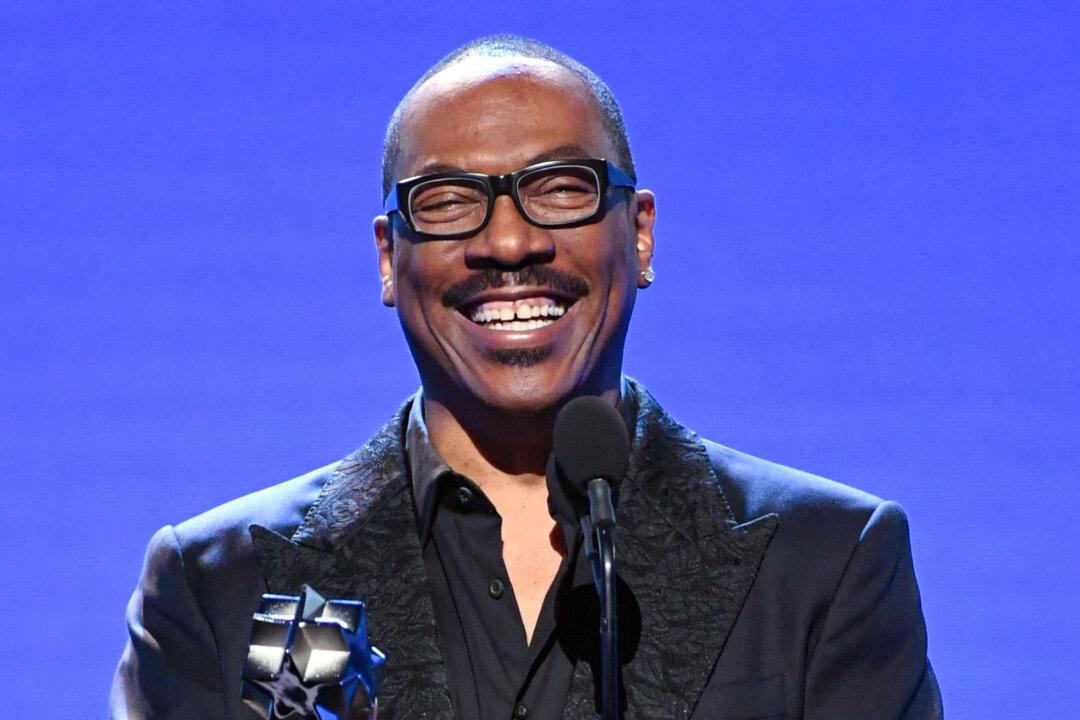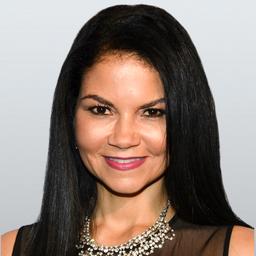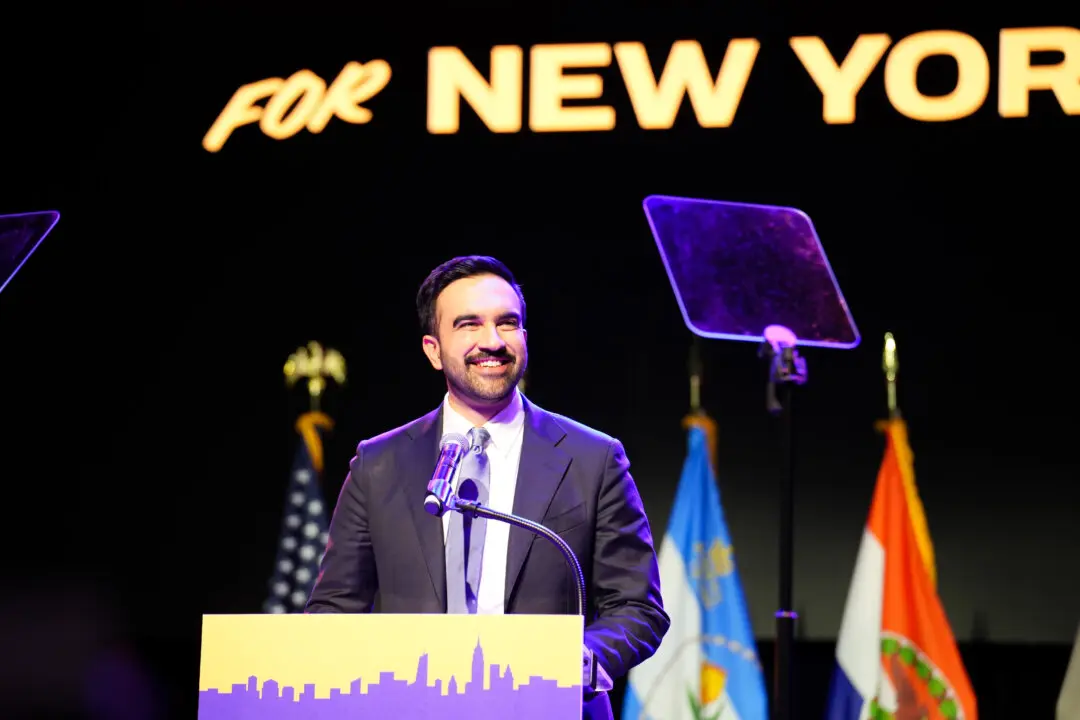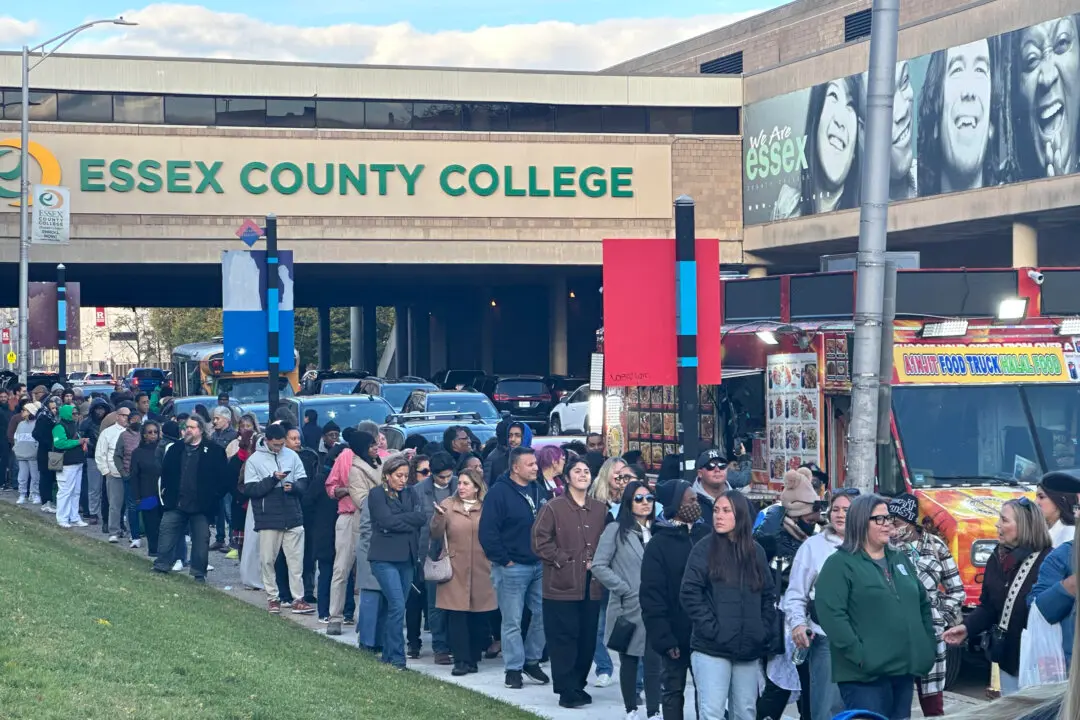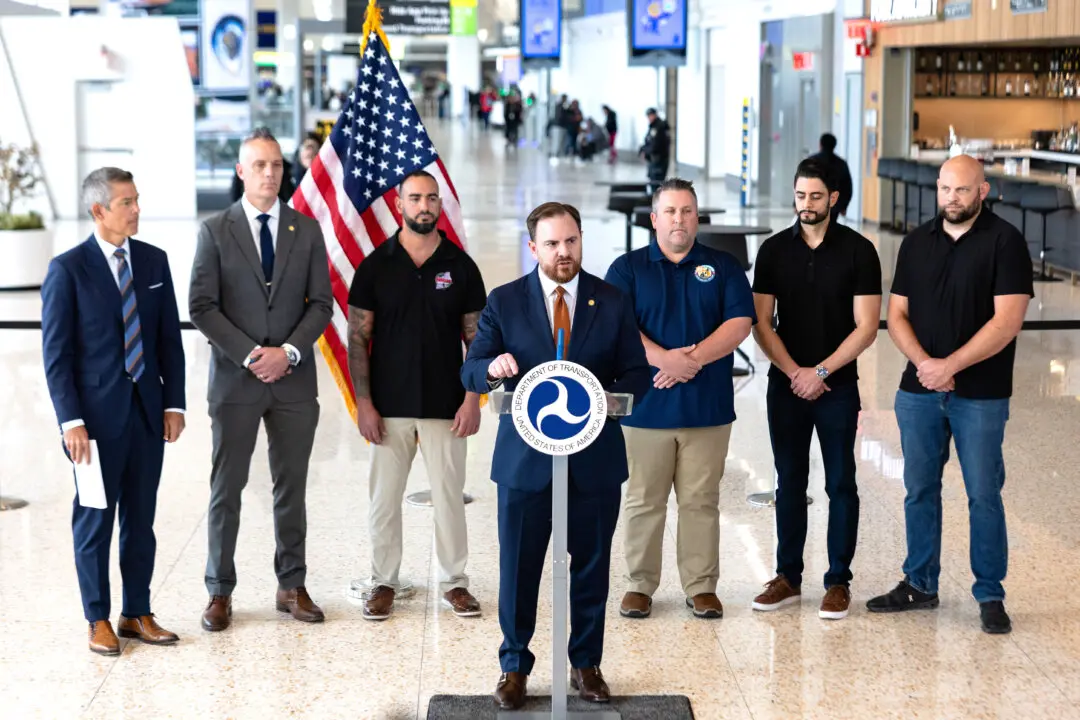Actor Eddie Murphy’s recent description of saying “no” to cocaine in the 1980s offers an example of faith, resilience and perhaps genetic advantage that overpowered the temptations drugs can pose in a fast-paced Hollywood life of early fame and drug-taking friends, addiction experts say.
“It is a very big thing because it’s difficult to turn down drugs where there’s a lot of pressures and people you idolize around,” Dr. David Campbell, clinical and program director at the Recover Together Bend immersive addiction treatment facility in Bend, Oregon, told The Epoch Times.
